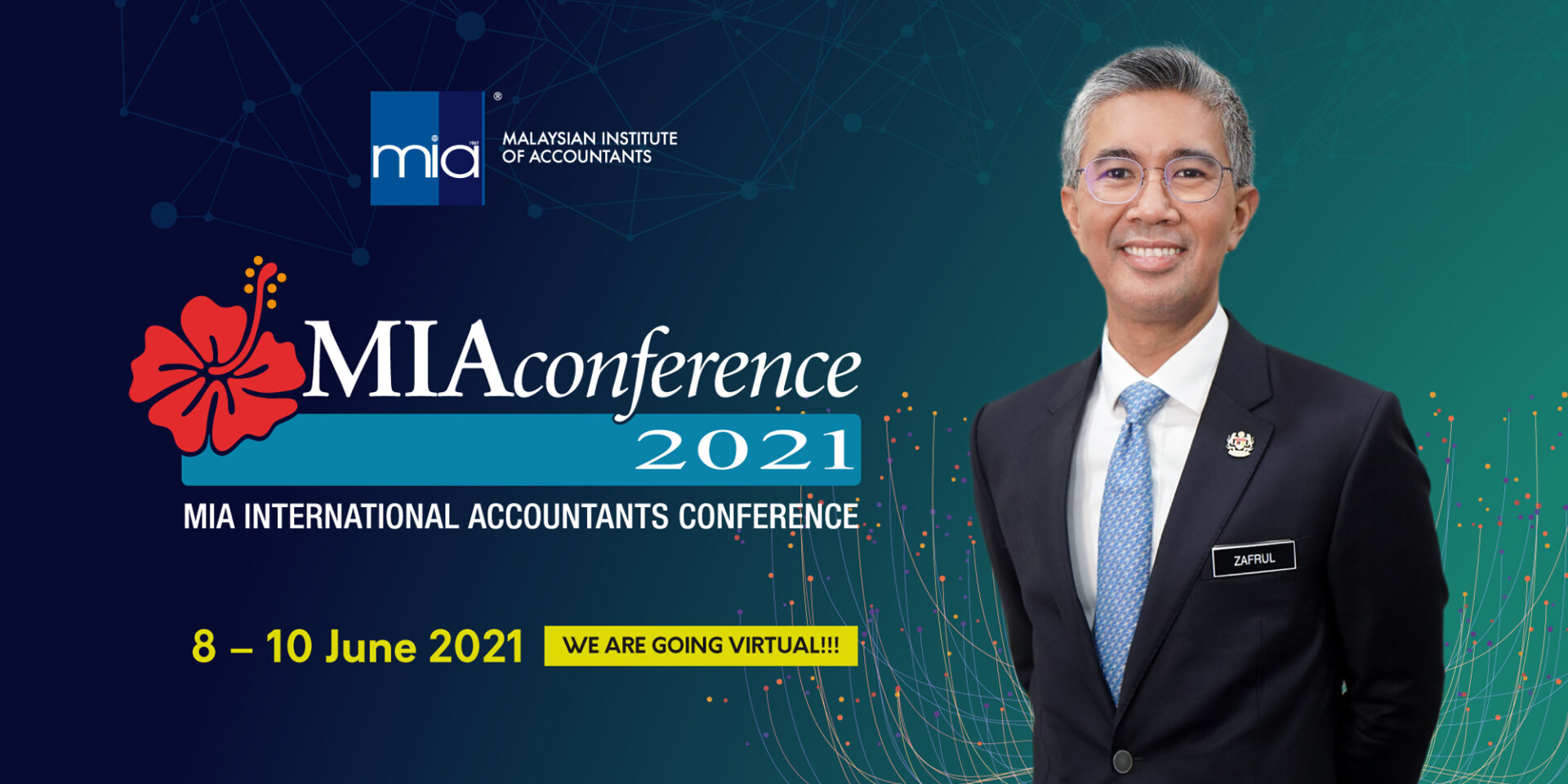
This is the second and final part of the COVID-19 and Valuation series. The first part can be read here.
The spread of COVID-19 has had a significant impact on the global economy and financial markets, causing business disruptions worldwide. In addition, the evolving situation and uncertainties created by the COVID-19 pandemic have significant implications on valuation practices.
Recently, MIA caught up with Dato’ Wong Wing Seong, Chairman of MIA’s Valuation Committee, to obtain insights into business valuation in Malaysia. He also articulated the initiatives of the Valuation Committee in pushing the adoption of the Best Practice Guide for Business Valuation and implementation of the Skills Set to Perform Business Valuation in Malaysia.

The application of the Best Practice Guide for Business Valuation will promote the application of globally recognised valuation standards by valuation professionals in Malaysia. Application of this Guide, which is based on the International Valuation Standards (IVS) issued by the International Valuation Standards Council (IVSC), will enhance the standard of valuation reports and comparability both locally and internationally as the IVS has been widely adopted worldwide.
Adopting the Guide will also assist in the development of our capital and financial market as users, be they companies, regulators and bankers, will be made aware of the standards that the valuation professionals have considered and applied in arriving at their conclusion, thus providing a basis for comparability as the approach is consistent through the application of the Guide.
With this in mind, as the Guide will eventually evolve into an approved standard in Malaysia which would make it compulsory for MIA members to comply with it when undertaking a valuation engagement, the intention is to have it widely exposed to all our MIA members and other groups of users. This exposure period will facilitate valuation professionals to familiarise themselves with the adoption and application of the IVS.

A Guide or a Standard only sets out what should be done or considered. However, the undertaking of the valuation engagement must be done by professionals who have the necessary training, education and experience. Thus, when the Best Practice Guide was issued, the MIA Valuation Committee was of the view that from the outset, the expectations regarding the competency of valuation professionals and charting the path and education for future valuers should be set out. The document serves as a less formal version of a competency framework.
The Best Practice Guide and the Skills Set to Perform Business Valuation would instil trust and confidence in the MIA’s valuation professionals.

The key impact of COVID-19 to the valuation scope of work are the uncertainties of the key bases and assumptions applied in the financial projection and the volatility of the discount rate parameters. It makes the assessment of comparable transactions and preparation of projections challenging as the market situation is so different during this period compared with the pre-pandemic environment.
However, notwithstanding the COVID-19 pandemic, the work expected of valuation professionals remains the same, for example, approaching the valuation with a high level of scepticism, understanding the business and the industry, determining the comparable companies, sensitivity analysis and robust evaluation of the financial projections.

Below are some of the considerations that can be undertaken in evaluating projections:
- Ensure the bases and assumptions in the financial projections are up to date with the appropriate value drivers;
- Run the sensitivity analysis on the key revenue and cost drivers, accompanied with a narrative describing the cause and nature of the uncertainty; and
- Depending on circumstances, to consider disclosing the significant uncertainty with regards to the valuation being carried out, taking into considerations the users of the valuation report and its impact to the value.
On the use of an appropriate discount rate, the Capital Asset Pricing Model (CAPM) approach is a transparent approach. The key judgement would be the selection of comparable companies and upon considering the evaluation of the projections and stress testing them, the valuation professionals would need to consider if any adjustments are required to the discount rate to arrive at the value. The preferred approach is to ensure the bases and assumptions adopted in the financial projections are reasonable rather than adjusting the discount rates to reflect the uncertainty arising from the COVID-19 pandemic.

The Valuation Committee understands the importance of training and knowledge sharing as reflected in the competency framework. Thus, it will host seminars and workshops on valuation related topics.
It will also move towards converting the Best Practice Guide into a Standard mandated for all valuation engagements by MIA members who have the necessary competence to do so.
We believe that the IVS, being globally accepted standards, should be adopted not only by all MIA valuation professionals but by all professionals who undertake valuation, in the interest of the development of the capital and financial market and to ensure international comparability of valuation reports produced from Malaysia. Towards this end, the Committee will continue to promote such adoption to all interest groups including regulators.
Dato’ Wong is the inaugural Chairman of the MIA Valuation Committee and also the Head of Advisory in BDO in Malaysia. He had also served as a board member of the Capital Market Compensation Fund, a fund set up by the Securities Commission. Dato’ Wong has vast experience in the field of IPO, corporate valuation, and other corporate finance and restructuring related engagements. These are gained through his role as an adviser and working in a regulatory environment since 1987.







